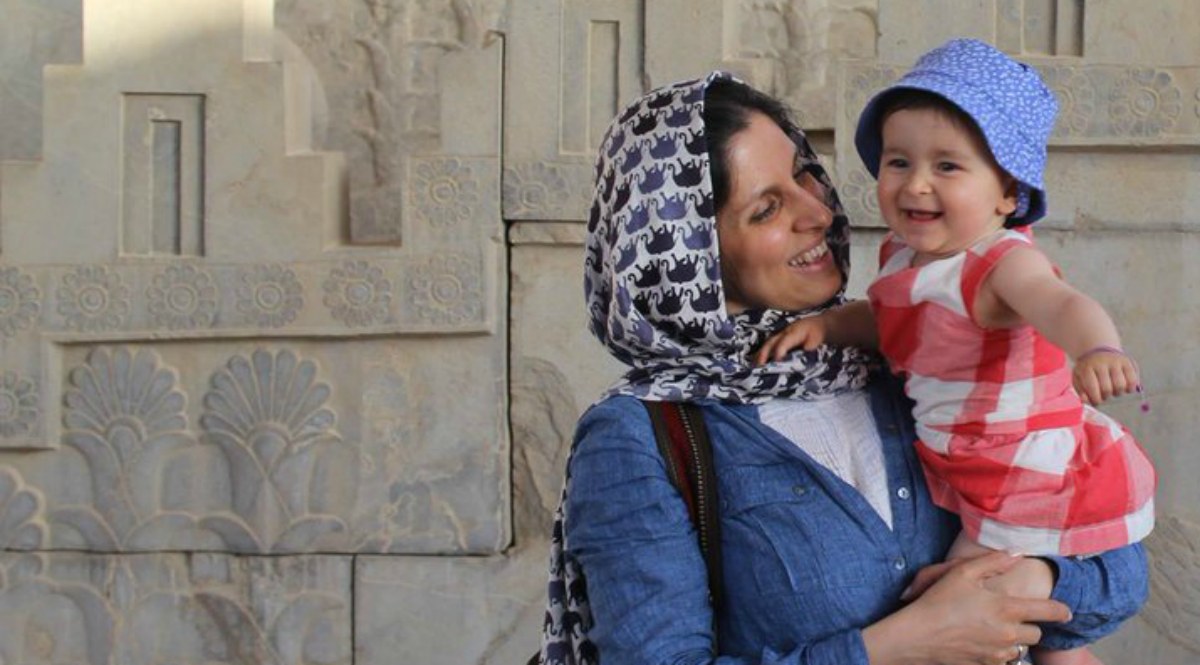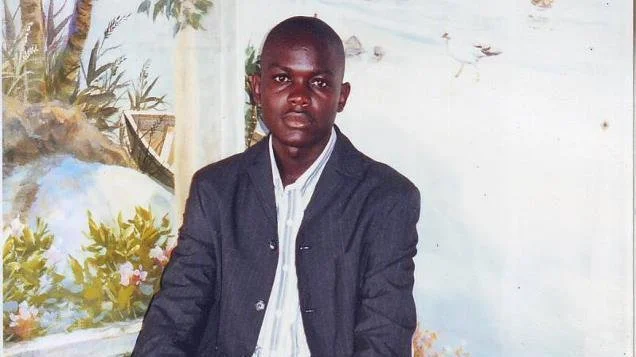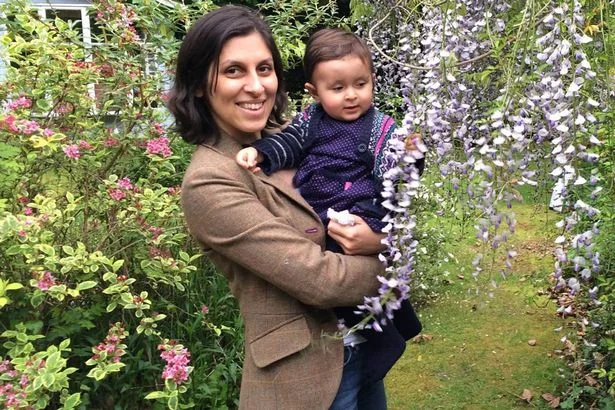Ivo
We’ve all sent a text that we regret. That moment of horror when you wake up after a heavy night out to find the string of embarrassing messages you’ve sent to your crush. When you write something mean in the heat of the moment during an argument and realise you can’t take it back. In 2014, Fomusoh Ivo Feh, about to start university in Cameroon, forwarded a text that changed everything. Ivo received a joke message from a friend commenting on how difficult it is to find a job in Cameroon without a lot of qualifications. The text said that even Boko Haram, an armed terrorist organisation based in Nigeria and Cameroon, require at least four high school grades to join. This message was intercepted by a teacher who reported it to the police. Ivo and his friends were then arrested and charged with several offences, including attempting to organise a rebellion, due to Cameroon’s draconian anti-terrorism laws. They face the prospect being sentenced to twenty years in jail by military trial, all because of a text.
I’ve been living in Manchester for almost three months, and have finally settled into a job that I love. I’m a professional charity fundraiser (or as members of the public frequently refer to me, a ‘fucking chugger’) working for Amnesty International, the largest human rights organisation in the world. Amnesty are running their annual ‘Write for Rights’ campaign, where we profile individuals such as Ivo and campaign for their release. Part of this includes writing cards to the prisoners and appeal letters to the people responsible for imprisoning them. Millions of letters are sent from all over the world, all written to prisoners of conscience, individuals who have been imprisoned or tortured for their ideas, beliefs, choices, or for simply being in the wrong place at the wrong time. These are ordinary people, like you and me, who, for whatever reason, have been denied their fundamental human rights.
Nazanin and Gabriella
One of the people we are focusing on is Nazanin Zaghari Ratcliffe, a British-Iranian charity worker. Nazanin works for the Thomson Reuters Foundation, which stands for free independent journalism, human rights, women’s empowerment and the rule of law. She has a two-year-old daughter, Gabriella, with her husband Richard. In April 2016, Nazanin decided to take Gabriella to Iran so she could meet her grandparents. Unfortunately, on the way home, they were intercepted at the airport by the Iranian Revolutionary Guard and had their passports confiscated. Nazanin was taken from her daughter, thousands of miles away to solitary confinement, where she remained for forty-five days. Following this, Nazanin moved to Evin Prison, Tehran, a prison that is notorious for rape and medieval torture methods being used routinely on inmates. She has been sentenced to five years, and has been accused of plotting the ‘soft overthrow of the Islamic Republic’, and it is unlikely she received a fair trial. These charges are extremely vague, and there is no evidence to support this. It is more likely that Nazanin has been imprisoned as part of a larger political game Iran are trying to play with the West, or as a result of her work as a women’s rights activist, offending Iran’s frankly backwards law that states a woman’s life is worth half of a man’s. Nazanin is in an extremely bad way, she has had limited visits from her family and is in serious need of medical attention. Her daughter, Gabriella, has been living with her grandparents, unable to return to London without her passport, and her husband, Richard is in London campaigning for his wife and daughter’s safe return home. Richard recently revealed that he was told in a phone call that Nazanin has been given the choice between moving her two-year-old daughter to the prison with her for three days per week, or to sign a document saying she relinquishes the ‘right to be with her young daughter’. What began as a short mother-daughter trip, introducing Gabriella to her Iranian family, has ripped an entire family apart.
Ivo and Nazanin are just two people out of hundreds of thousands of prisoners of conscience all over the world. Fathers and mothers, teachers and students, journalists and doctors; ordinary, every-day people like you and I who stood up for what is right and have been tortured and imprisoned because of it. In the last fifty-five years, Amnesty has seen the release of over fifty-five thousand prisoners of conscience, including Nelson Mandela. This is largely through campaigning and lobbying, through the signing of petitions, writing letters to MPs and world leaders and sending messages of solidarity to the prisoners. Through millions of ordinary people using their voices together to stand in solidarity with the victims of these obscene human rights abuses, refusing to give up.
Edmund Burke famously said, ‘The only thing necessary for the triumph of evil is for good men to do nothing.’ In other words, empathy without action is useless. Every one of us has a voice that we can use. Whether you write a message of solidarity to an individual, sign a campaign calling for their release, or donate some money to allow Amnesty to continue fighting for human rights all over the world, it will make a difference. The more of us who stand together and speak out, the louder we will be, and the more chance there is that Ivo and Nazanin will be free again.
Please feel free to comment or share the post using the links below, and don’t forget to sign up to receive my posts via email here!



